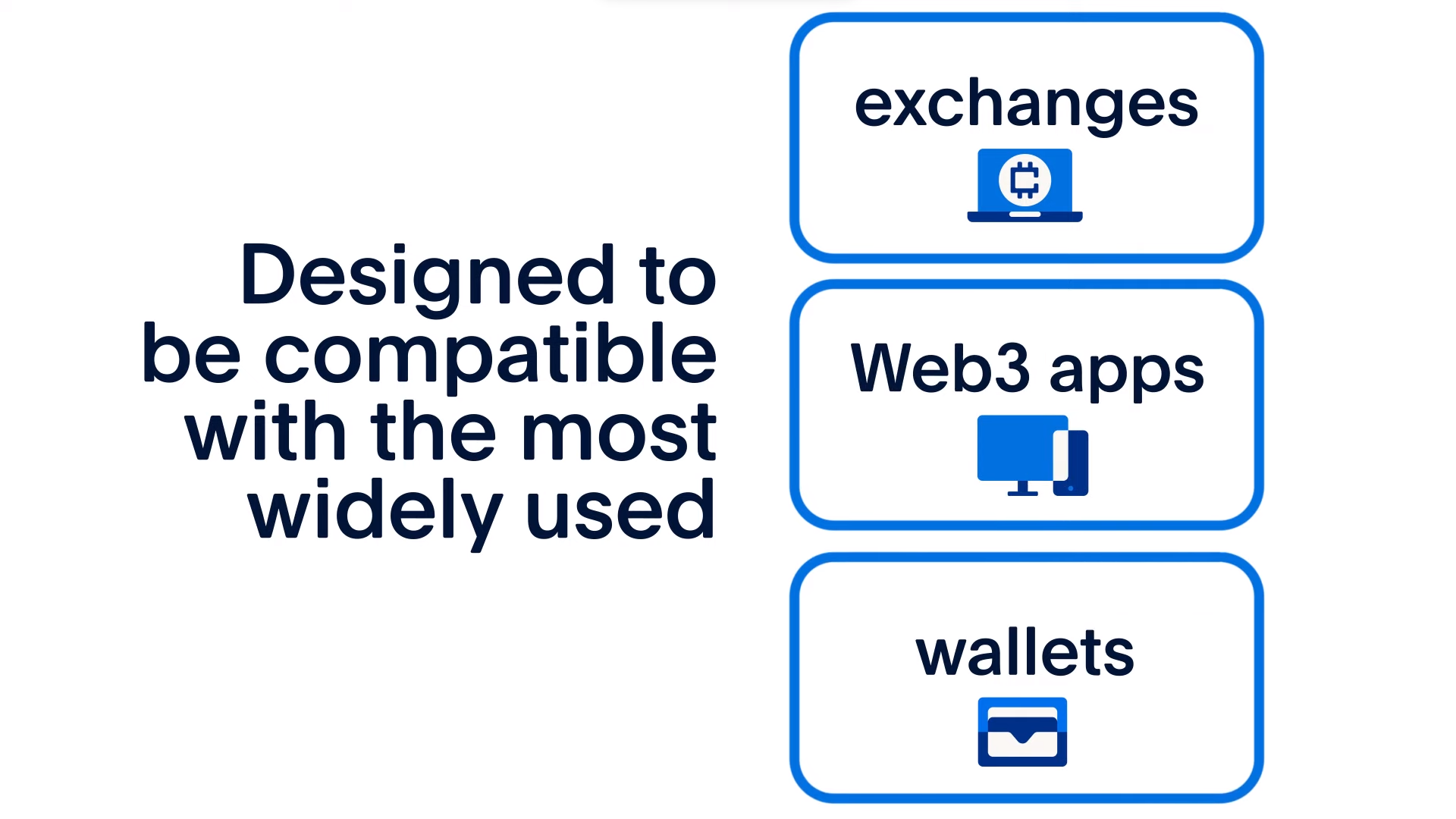PayPal launches stablecoin: PYUSD
PayPal, the giant of digital payments he threw A new stablecoin called PayPal USD (PYUSD).
This stablecoin, pegged to the US dollar, is owned by Paxos Trust Co. will be issued by value, US dollar deposits, short-term Treasuries and cash equivalents. Based on Ethereum, PYUSD”Designed for digital payments and Web3” and will soon be available to customers in the US.
Users will be able to exchange their PYUSD for US dollars at any time. Besides, With stablecoin, it will be possible to buy other cryptocurrencies directly via PayPal. The company says it will soon be available as a payment method for various purchases.
PayPal’s launch of a stablecoin shows the company’s interest in the cryptocurrency industry: the company has taken its first steps in this industry in 2020when it offers a service to buy and sell crypto assets.
PayPal has over 350 million active users and already US and UK customers have Bitcoin (bitcoin), ether (ETH), Bitcoin Cash (BC extension) and Litecoin (LTC extension). It is also possible to make payments with these assets.
PayPal CEO Dan Schulman hopes the new stablecoin will become part of the larger payments infrastructure. The company announced that it is working on a stablecoin. in January 2022He stated that he will work closely with the relevant regulatory authorities.
Although there are already several cryptocurrencies on the market, PYUSD will be the first to be launched by a major payments company. Charles Cascarilla, CEO of Paxos, told Cointelegraph:
“With the launch of the first stablecoin by a major financial institution, PayPal and Paxos demonstrate the true value of blockchain technology. PayPal USD represents the most significant breakthrough for the digital assets and financial industry: Paxos is proud to present this transformative product.” “
Currently, the stablecoin market has a circulating supply of $126 billion. Dominating the industry USDT Tether with a market capitalization of $ 86.5 billion; Follows USD Coin (USDC) Circle with a market cap of $26 billion.

